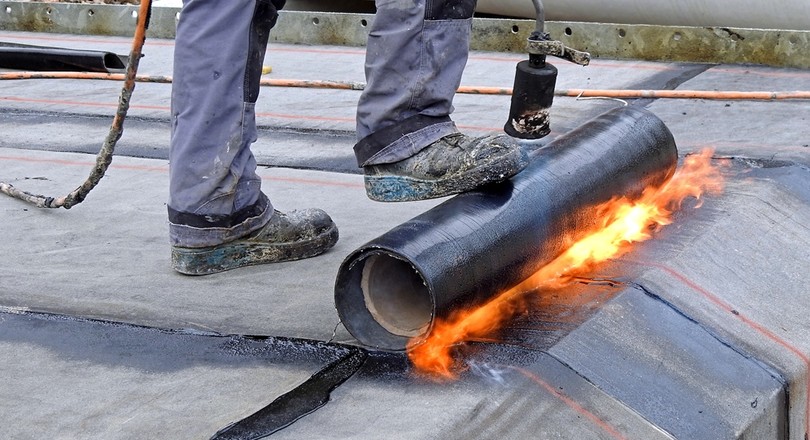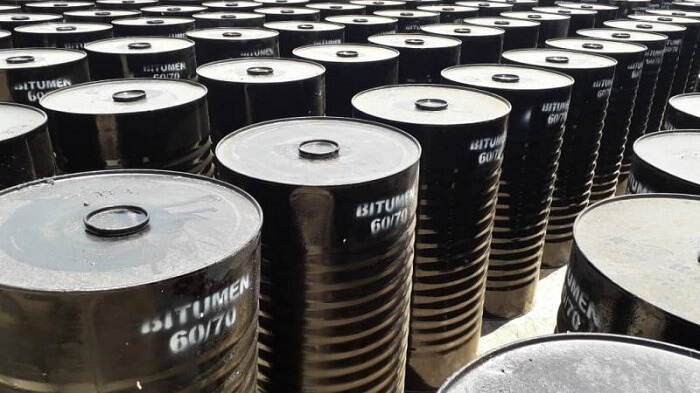BITUMEN
Bitumen
Bitumen is a sticky, black, highly viscous liquid or semi-solid form of petroleum that is used for various purposes, especially in the construction industry1 Bitumen is obtained either from natural deposits, such as oil sands and pitch lakes, or from the distillation of crude oil21
Bitumen has waterproofing and adhesive properties that make it suitable for applications such as road paving, roofing, and waterproofing2 Bitumen is also used as a binder for asphalt concrete, which is a mixture of bitumen and aggregate particles1
The quality and characteristics of bitumen depend on the source and type of crude oil from which it is derived. Bitumen contains complex hydrocarbons and other elements, such as calcium, iron, sulfur, and oxygen3 Some of these elements may be considered as contaminants that need to be removed or modified for certain uses1
Bitumen is a valuable resource that has many benefits and challenges. It is widely available, durable, recyclable, and versatile. However, it also poses environmental and health risks due to its high viscosity, flammability, toxicity, and greenhouse gas emissions Therefore, bitumen production and use require careful management and regulation to ensure safety and sustainability.


Bitumen Application
Bitumen has many applications and uses in different fields and industries. Some of the most common ones are:
- Road construction: Bitumen is used as a binder for asphalt concrete, which is a mixture of bitumen and aggregate particles. Asphalt concrete is used for paving roads, highways, runways, and parking lots123
- Waterproofing: Bitumen is used to prevent water seepage and leakage in various structures, such as roofs, terraces, balconies, foundations, walls, and basements. Bitumen can be applied as a paint, a membrane, or a coating on the surfaces13
- Coating: Bitumen is used to protect metal and steel surfaces from corrosion and chemical degradation. Bitumen can be applied as a thin layer on the pipes, tanks, vessels, and other equipment in the oil and gas industry3
- Canal lining: Bitumen is used to prevent erosion and water loss in canals and irrigation channels. Bitumen can be sprayed or poured on the prepared subgrade of the canal3
- Tank foundation: Bitumen is used to provide a stable and durable base for storage tanks. Bitumen can be mixed with sand and poured on the tank foundation3
- Other uses: Bitumen is also used for various purposes, such as mastic flooring for factories, joint filling material for masonry, electrical insulation, sound proofing, pipe coatings, cable coatings, paints, building waterproofing, tile underlying waterproofing, etc
Efficiency
Satisfaction



